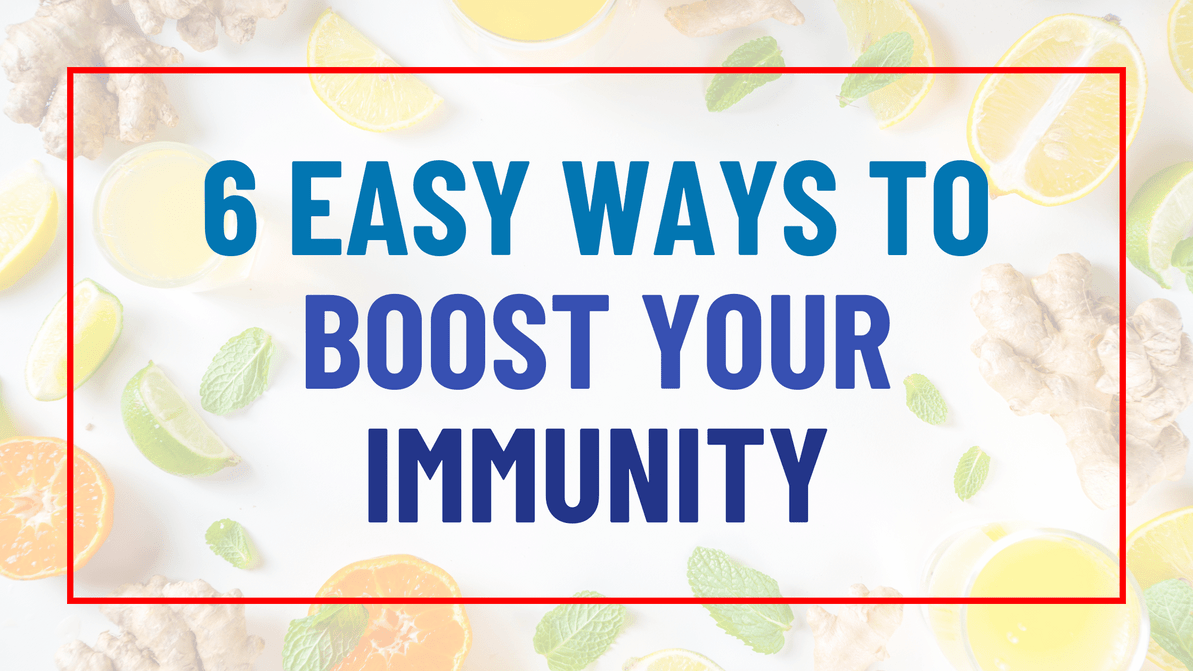6 Easy Ways to Boost Your Immunity
What does being healthy mean to you? For some, it’s never getting sick. For others, it means being fit and strong. Whatever it means to you, there’s one common denominator: your immune system. When this amazing defense mechanism works at its best, your entire body is happy. But how can you boost your immunity?
A strong immune system is not the result of one thing. It’s a combined effort. You may have seen ads for supplements or yoga classes that claim to make you immune to all diseases. While they all may help, there’s no shortcut or quick fix for your body’s natural defense system.
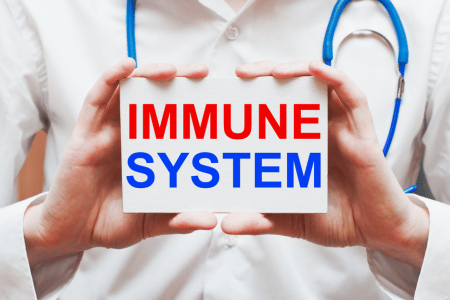
Understanding the immune system
Your immune system is your body’s first line of defense against viruses and bacteria. When we get sick, it’s the immune system that starts the fight and helps us get better faster. It has many components, such as:
- White blood cells (leukocytes)
- The tonsils
- The appendix
- The spleen
- The bone marrow
- The lymphatic system
A well-functioning immune system will differentiate between good and bad cells and tissue. When it encounters viruses, bacteria, or other pathogens, it will quickly respond and start fighting them off.
Our immune system grows stronger each day from the moment we’re born. Exposure to various pathogens teaches it how to react. That’s why children usually get sick more often than adults. Their immune systems are still learning the ropes. As they grow up, illnesses like colds diminish as the body has proper defenses in place.
When we get older, the reverse happens. We’re again more prone to diseases and infections. This is a part of the natural aging process, which comes with structural and functional changes to the immune system.
That can mean our bodies have a harder time fighting off the various pathogens. There’s no stopping the aging process. The best you can do is to support your body through a healthy lifestyle.
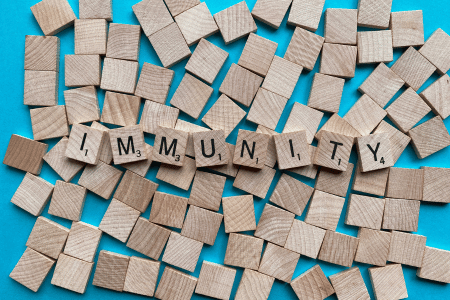
6 Natural ways to boost your immunity
Have you ever felt like your body, your immune system, doesn’t work as it should? You’re like a magnet for all diseases, get colds more often than anyone you know, and you take forever to recover. An unhealthy lifestyle, stress, and poor sleeping habits are some of the most common culprits.
They take a toll on your body and its defense mechanisms. Luckily, there are a few things you can do to help your body function at its best.
1. Nourish your body with a balanced diet
You may have heard vitamins and minerals are the best way to a strong immune system. Supplements can help, but getting your nutrients from foods is always better. Eat plenty of fruits, vegetables, healthy fats, whole grains, and lean protein.
Pay special attention to a few key nutrients that can boost your immunity.
- Vitamin C. The all-mighty vitamin of your immune system, you can find vitamin C in
- Citrus fruit
- Strawberries
- Spinach
- Broccoli
- Bell peppers
- Brussels sprouts
- Tomatoes
- Vitamin B6. This vitamin is responsible for producing white blood cells and T-cells, two key components of the immune system. You’ll find it in foods such as:
- Chickpeas
- Bananas
- Turkey
- Potatoes
- Bulgur
- Cottage cheese
- Zinc. This mineral helps your immune cells function correctly. It is also an antioxidant and anti-inflammatory, helping your body in more ways than one. You’ll find it in foods such as:
- Pumpkin seeds
- Lentils
- Sardines
- Almonds
- Sunflower seeds
- Spinach
- Peanut butter
- Selenium. This is another critical mineral for your immune system. It helps your body in two ways. It tells your immune system when it’s time to start fighting, assisting it to function at its best. But it also tells it when it’s time to hit the brakes. That makes it a good weapon against autoimmune diseases or inflammation. You’ll find it in foods like:
- Nuts and seeds, especially Brazil nuts
- Lentils
- Peas
- Brown rice
- Oatmeal
- Tuna
- Eggs
On top of adding more of these foods, you should also try to limit sugar and alcohol. These are notoriously bad for your immune system when ingested in high quantities. They increase inflammation and make you more prone to diseases.

2. Get enough sleep
Sleep and immunity are very close friends. A 2015 study showed that those who slept 6 hours or less per night had higher chances of catching a cold than those who slept over 6 hours.
And there’s another way in which sleep can contribute to your health. Have you ever heard someone saying they’ll “sleep off their cold”? It turns out that may not be just a fairytale. Sleeping more when you’re sick allows your body to fight off the disease faster.
How much sleep you need will vary on several factors. Most adults, however, should aim for at least 7 hours per night. Having trouble sleeping? Try a bedtime routine and turn off electronics at night.
3. Make moderate exercise part of your weekly routine
Exercise can make or break the immune system. Intense exercise for extended periods can suppress it. Moderate exercise, on the other hand, can boost it.
Studies showed moderate exercise can help immune cells regenerate more quickly. So, what exactly counts as moderate exercise? Examples include:
- Brisk walking
- Light jogging
- Swimming
- Steady bicycling
- Yoga (especially vinyasa)
- Moderate pilates exercises
You don’t need to work out every day if you don’t want to. Most experts recommend aiming for at least 150 minutes per week.
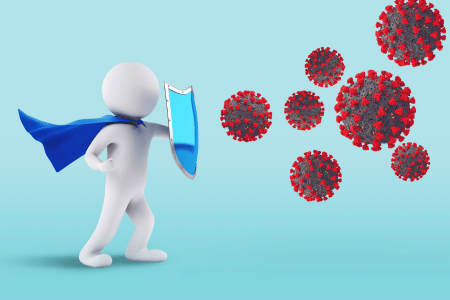
4. Stress management
Stress is unavoidable for most people. A bit here and there won’t cause many problems. However, long-term stress can lead to a weakened immune system.
If you can’t avoid it, are you doomed to be every virus’s favorite host? Not exactly. There are many stress management techniques you can use. They won’t make the harsh realities in your life go away. But they reduce the impact stress has on your body.
Things you can try include meditation, journaling, yoga, and even exercise. You can also take a bubble bath at the end of the difficult day or listen to your favorite song while dancing your heart out in your living room. In short, anything that helps you relax and boosts your mood counts.
5. Hydrate
Water is essential to every single process in your body. How much liquid you need will vary. If you exercise a lot or live in a hot and humid climate, you’ll need to drink a lot more than someone who lives in a dry climate and doesn’t exercise.
Certain medical conditions, medications you’re taking, and even your age and weight can all influence how many liquids you need to be hydrated.
Water is the best for optimal hydration. It is calorie-free, has no additives, and no sugars. But if you want some variety, you can also go for unsweetened tea. Fruit juice (especially store-bought) and sweetened tea are liquids but are also high in sugar, so they may not be your immune system’s best friends.
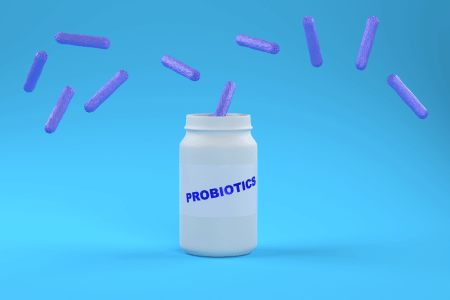
6. Add a probiotic
Probiotics, aka the good bacteria, can help your body fight off diseases and infections. When your gut is healthy, your entire body functions better. Plus, research shows that good gut bacteria can help your immune system make the difference between good and harmful cells.
You can get probiotics through your diet by eating fermented foods. These include:
- Yogurt
- Kefir
- Sauerkraut
- Kimchi
A study conducted with 152 people infected with rhinovirus proved probiotics can be very effective in helping the body fight off diseases. By the end of the 28-day study, those who had taken a probiotic supplement had lower virus levels than the control group.
If eating fermented foods is difficult for you, a supplement will be perfect. Be mindful that some supplements may have mild side effects, including an upset stomach. Adjust your dose or talk to a doctor if that's your case.

Bonus tip: consider using Silver Solution
Colloidal silver is one of those supplements surrounded by mystery and controversy. Some say it’s all bad, and its benefits are a myth. Others swear by it, especially for its immune-boosting properties.
Most myths and side effects are true when we talk about the older colloidal silver solutions. These older solutions contain large silver particles; they can be difficult to use, and it doesn’t take long to take the wrong dose.
The newer solutions, like our Silver Solution, use nanoparticles of silver. These are much easier to use, and you’re always guaranteed to take the correct dose.
Our Silver Solution can boost your immune system, helping your body fight all sorts of viruses. Plus, it has antiviral properties, which increase your body’s capacity to fight against infections.
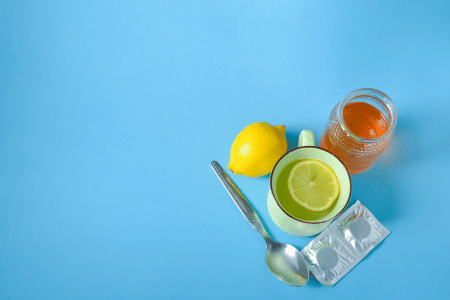
Key takeaways
The road to being healthy must include taking care of your immunity. Contrary to what some want you to believe, there’s no one magic solution. A strong immune system is the result of several things. A healthy diet with plenty of immune-supporting nutrients, getting enough sleep, and moving your body are just some ways to boost your immunity.
Supplements can also help, especially when stress is at its maximum or you can’t seem to eat balanced enough. Finally, keep up with your vaccinations, unless your doctor advises otherwise, to help your body fight diseases.
How do you keep your immune system strong? Join us on Facebook and let’s chat!
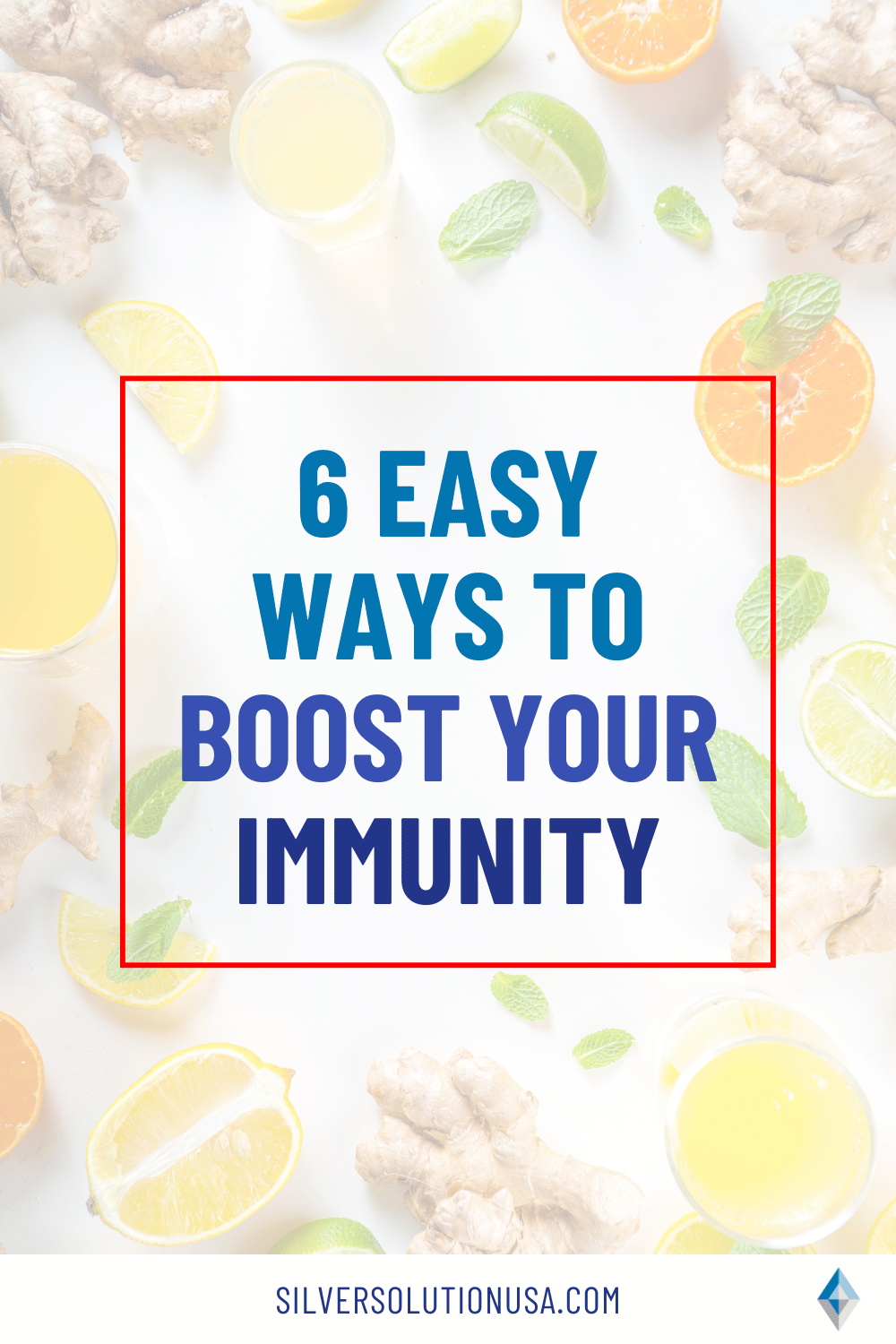
Health/Medical Disclaimer
This blog post does not provide health or medical advice. This blog post is for informational and educational purposes only and is not a substitute for professional health or medical advice. Before taking any actions based upon such information, we encourage you to consult with the appropriate medical and healthcare professionals. We do not provide any kind of health or medical advice. The use or reliance of any information contained on this blog is solely at your own risk.
Sources
https://www.britannica.com/science/immune-system
https://pubmed.ncbi.nlm.nih.gov/30114401/
https://www.mdpi.com/2072-6643/9/12/1286
https://pubmed.ncbi.nlm.nih.gov/26118561/
https://pubmed.ncbi.nlm.nih.gov/26118561/
https://pubmed.ncbi.nlm.nih.gov/26477922/
https://pubmed.ncbi.nlm.nih.gov/24798553/
https://www.ncbi.nlm.nih.gov/pmc/articles/PMC3337124/
https://pubmed.ncbi.nlm.nih.gov/28343401/
Recent Posts
-
Are sunscreen ingredients harmful?
Sunny days can bring a lot of fun. Going out for a swim, spending time in nature, or relaxing on the …18th Mar 2024 -
The Veggie Debate: Does Cooking Vegetables Destroy Nutrients and the Best Ways to Cook Them
Vegetables are one of the healthiest foods you can choose. Some people downright hate them, while so …4th Mar 2024 -
Best Foods for COVID Recovery and Prevention
A few years ago, a new virus took the world by surprise. COVID-19 may look like the flu on the surfa …19th Feb 2024

